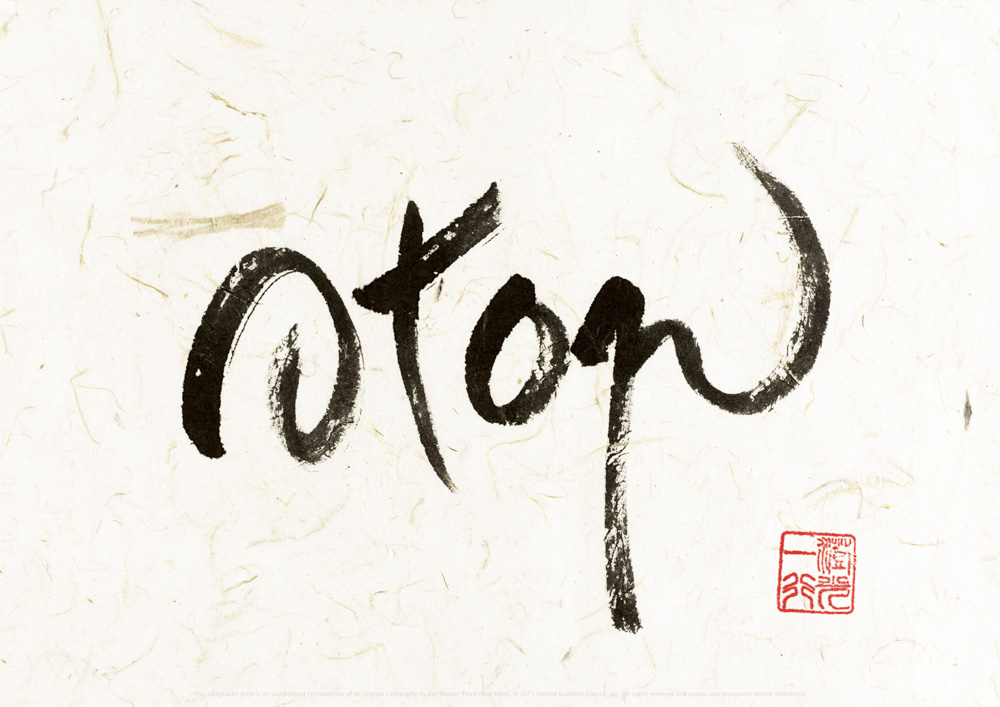Letting Go as an Act of Love
It can be hard to release things from our life, from physical possessions to relationships and calendar commitments. But with the changing seasons, we have a wonderful opportunity to re-evaluate what is serving us… and release what is not....


It can be hard to release things from our life, from physical possessions to relationships and calendar commitments. But with the changing seasons, we have a wonderful opportunity to re-evaluate what is serving us… and release what is not. In fact, in many cases, letting go is the most loving thing you can do.
1. Letting go allows us to love ourselves.
When I don’t have to stare at the too-small jeans in the back of my closet, I can feel joy and celebration at the new chapter of motherhood my changed body has given me. When I get rid of unnecessary papers or kitchen supplies, I’m making it easier to find the things I actually use.
And when I get rid of overlooked hobby equipment or a dreaded time commitment, I’m really releasing the internal and societal expectations of the kind of person I “should” be– and giving myself permission to embrace the person that I actually am.
2. Letting go is compassionate to our loved ones.
In the short term, you and I have important roles to play in our family and friend circles: We have the ability to be an example of a life of intentionality.
When I remove clutter from my home, I am demonstrating that a rich life is one filled with experiences rather than stuff– and the less time I have to spend cleaning, the more time I have to make memories with my family. Letting go is what allows me to show up for those closest to me.
There is often trepidation about what our loved ones will think if we let go. We worry about causing disappointment if we clear our calendars, or we feel guilt for re-homing a gift. But you are not responsible for how others react to you. You can express gratitude for the thoughtful invitations and gifts you have received, then lovingly remove them from your life if they don’t serve you.
It may feel difficult to set these boundaries– but when we make deliberate decisions about the physical items and commitments that belong in our lives, we are freeing our loved ones up to do the same.
And over the long term, letting physical possessions go ensures that our loved ones will never have to experience the burden of sorting through decades of accumulated junk. When my mother passed away unexpectedly three years ago, my family was left with piles and piles of “stuff.” Toys from my mom’s childhood, old college textbooks, and excess household items had sat for decades in musty storage rooms, rendering them unusable to anyone else.
By releasing my excess possessions now, while I’m still alive, I can ensure that my family members will never have to mourn my passing by calling 1-800-GOT-JUNK.
3. Letting go helps us serve our community.
Letting excess commitments and physical items go helps you to better determine what is important in your own life. Most of us want to live a life of purpose. But it can be hard to feel like we are achieving this purpose when we are bogged down by daily to-do lists and cluttered countertops.
Even the immediate act of discarding physical possessions can be compassionate. Perhaps a neighbor in your Buy Nothing group will get joy from the snow globes that have been collecting dust on your mantle, or the bridesmaids’ dresses in your closet can enjoy a second life at your local prom.
But more than that, clearing our excess gives us both the time and the mental energy to contribute beyond ourselves. There are ample opportunities to give back in the community around us, from volunteering at the local library to making a meal for friends or working with a local food bank or animal shelter.
If you are so inclined, there are also ways to contribute to national and global non-profit organizations working to improve lives around the world. Letting go of our excess gives us the mental space to imagine a better world, and the resources to help us achieve it.
4. Letting go is kind to the environment.
The pajamas that never fit quite right. The serving bowl you don’t use like you thought you would. The book you swore you would get around to reading someday. When we let these items collect dust in the corners of our closets and cupboards, we are preventing them from being used and enjoyed by others.
One of the most powerful decisions we can make for the environment is to change how— and how much— we consume. Reducing our societal consumption of “new” items reduces plastic packaging, landfill waste, and greenhouse gas emissions (in fact, up to 60% of global greenhouse gas emissions come from the manufacturing and use of household goods).
Whether you choose to give away or sell your unwanted items, you are contributing to a second-hand market that extends the life of these physical items and reduces their environmental impact.
Many items in our lives are transitory, from the baby bassinet used for only a few months to the jeans your kiddo outgrew. Just as it’s not terribly compassionate to throw these unwanted items in a dumpster, it’s not compassionate to let these items sit unused in storage until they become outdated or unusable. And when we are intentional in how we release these items from our lives, we are reducing our collective environmental impact.
So consider this your invitation to release what isn’t serving you, knowing that you are making a more loving decision for yourself, your loved ones, and your community.
***
About the Author: Jennifer Newton is a minimalist mama who is passionate about empowering others to live their values and be kind to the environment around us. She writes at Sustaininitiative.com

 ShanonG
ShanonG 































